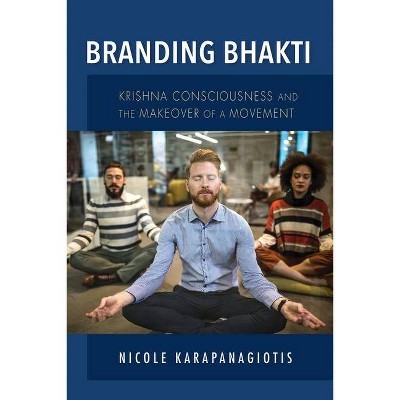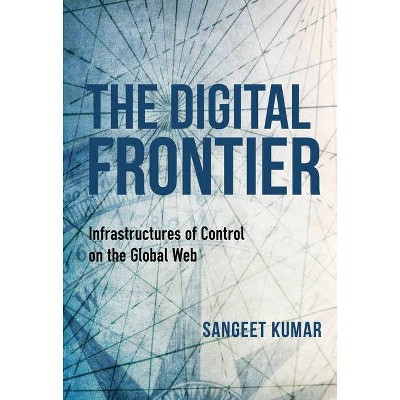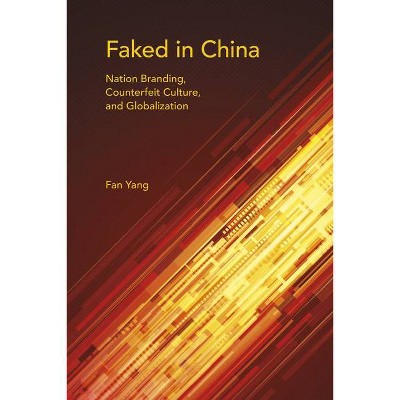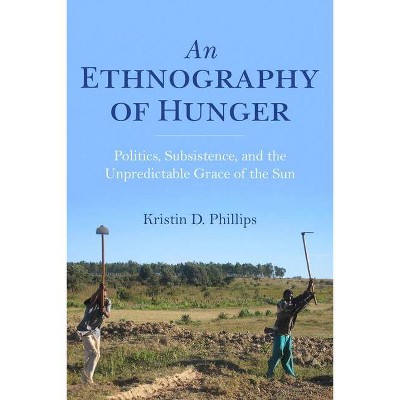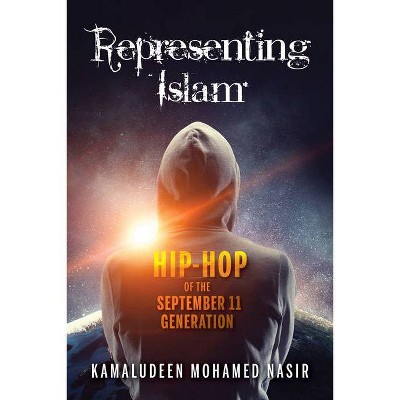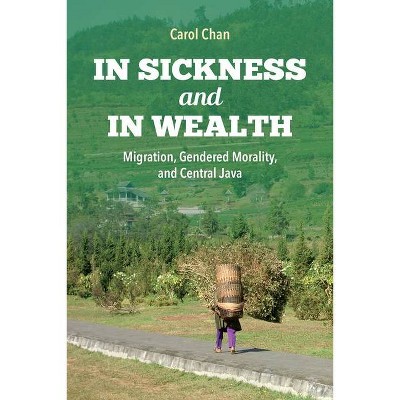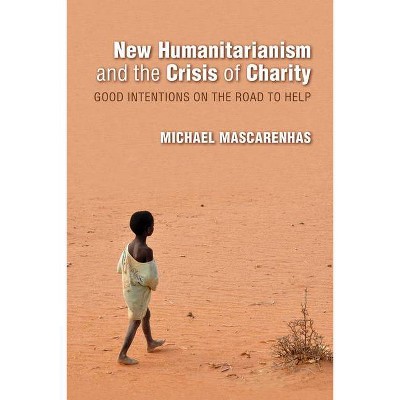Global Heartland - (Framing the Global) by Faranak Miraftab (Paperback)
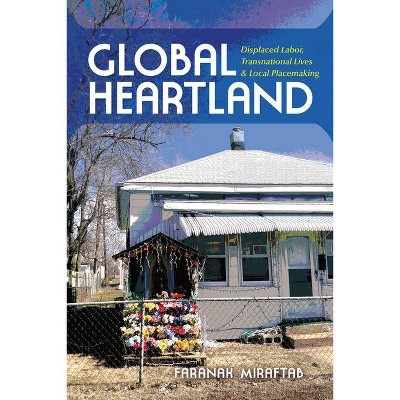
Similar Products
Products of same category from the store
AllProduct info
<p/><br></br><p><b> About the Book </b></p></br></br>Focusing on a locality in a non-metropolitan region, this work contributes to urban scholarship on globalization by offering a fresh perspective on politics and materialities of placemaking.<p/><br></br><p><b> Book Synopsis </b></p></br></br><p><i>Global Heartland</i> is the account of diverse, dispossessed, and displaced people brought together in a former sundown town in Illinois. Recruited to work in the local meat-processing plant, African Americans, Mexicans, and West Africans re-create the town in unexpected ways. Drawing on ethnographic research conducted in the US, Mexico, and Togo, Faranak Miraftab shows how this workforce is produced for the global labor market; how the displaced workers' transnational lives help them stay in these jobs; and how they negotiate their relationships with each other across the lines of ethnicity, race, language, and nationality as they make a new home. Beardstown is not an exception but an example of local-global connections that make for local development. Focusing on a locality in a non-metropolitan region, this work contributes to urban scholarship on globalization by offering a fresh perspective on politics and materialities of placemaking.</p><p/><br></br><p><b> Review Quotes </b></p></br></br><br><p>Faranak Miraftab's powerful and, at times, very personal study of the meat-packing industry in Beardstown, Illinois, offers an exemplary analysis of the relational character of place. The book challenges us to think seriously about places that are all too often located at the periphery of mainstream urban theory.</p>-- "AAG Review of Books"<br><br><p>In Faranak Miraftab's book, Global Heartland, the life of the meatpacker is vividly brought to life. Miraftab studies the lived-realities of meatpacking laborers to understand how the industry has influenced the economic revitalization and social transformation of the small, rural community of Beardstown, Illinois, while arguing that the thriving economy and cultural diversity successes of the area obscure larger narratives about the unequal global ties that enabled these changes.</p>-- "Antipode"<br><br><p>The depth and breadth of this book show it was a decade in the making. Miraftab has carried out a rich multi-sited ethnography to help us understand the transbordering factors and relations that produce and revitalize Beardstown, a meatpacking town in Illinois. </p></p>-- "International Journal of Urban and Regional Research"<br><p/><br></br><p><b> About the Author </b></p></br></br><p>Faranak Miraftab is Professor of Urban and Regional Planning at the University of Illinois, Urbana-Champaign. She is author of <i>Women's Empowerment: Participation in Shelter Strategies at the Community Level in Urban Informal Settlements</i> and editor(with David Wilson and Ken Salo) of<i> Cities and Inequalities in a Global and Neoliberal World, </i>(with Neema Kudva) <i>Cities of the Global South Reader, </i>and (with Victoria A. Beard and Chris Silver) <i>Planning and Decentralization: Contested Spaces for Public Action in the Global South</i>.</p>
Price History
Price Archive shows prices from various stores, lets you see history and find the cheapest. There is no actual sale on the website. For all support, inquiry and suggestion messagescommunication@pricearchive.us
